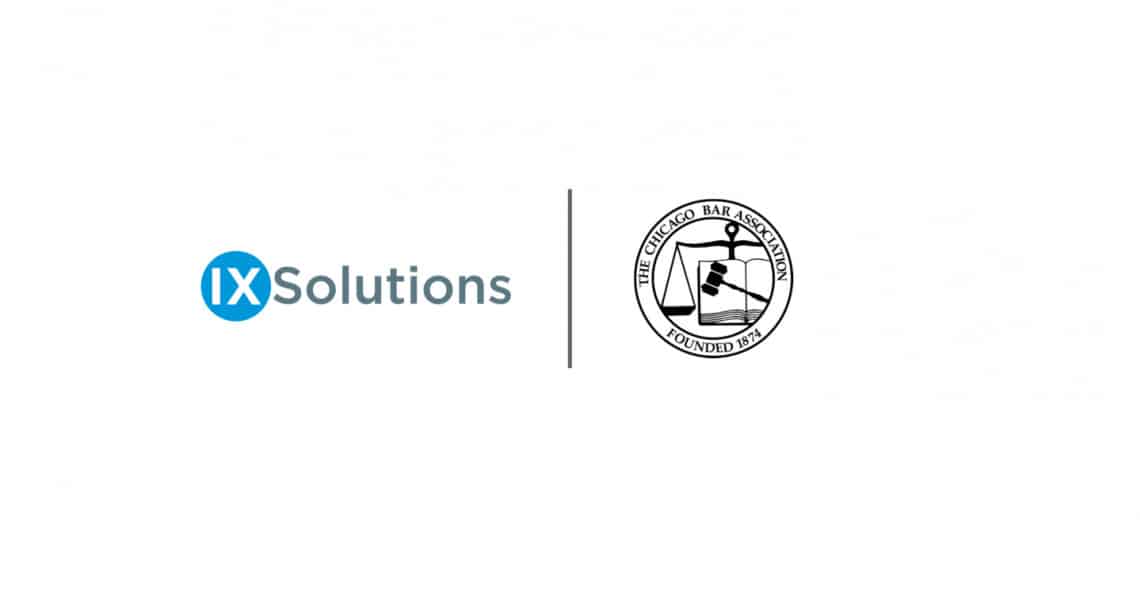Producer, Group Sales
IXSolutions is seeking a motivated, enthusiastic, experienced producer to drive growth of their group sales department. Someone who loves sales, challenges, and helping businesses grow and succeed.
You will have the opportunity to work directly with the Executive team and be a part of our sales strategy.
If you love the excitement of sales and being a part of a growing company, this job is for you!
Job Type: Full-Time
Base Salary: $65,000 – $75,000 per year
Expected First Year Total Salary: $130,000 – $150,000 with uncapped commissions including residual commissions
About Us
IXSolutions (IX) is an established brokerage that is consistently striving to be at the forefront of the Employee Benefits space (nationwide), bringing our clients’ unique ideas, products, and strategies to hire and retain top talent.
What do we do?
We help companies attract and retain talented employees using employee benefits.
How do we do it?
We provide unique ideas, products, and strategies to businesses combined with education and technology to help make it an easy process.
What are our values we look for in teammates?
- Team first mentality
- Competitive greatness
- Unimpeachable character
- Sincere candor
Role
This role is one of the most important roles in the IXSolutions company, as you will be strictly focused on bringing in new business to the firm. You will need to:
- Identify companies who are looking to offer a broader range of products, including health plans from HCSC (BCBS), Aetna, United Healthcare, and Humana; Consumer-driven Health Plans (CDHP); ancillary/voluntary benefits.
- Engage with companies who are hungry for a technology solution that can improve their efficiency and bottom line.
- Work closely with senior leadership to understand how we can address the unmet needs of these companies and help them increase their benefits while managing their bottom line.
- Help these companies increase their benefits package and technology platforms for a win: win: win value proposition; you’ll win with a successful and lucrative career; the companies will win with expanded benefit offerings; IXSolutions will win by helping you and the company achieve those goals.
Our ideal candidate will be ready to jump into a fast-paced environment and is adaptable to successfully execute sales strategies and close deals. You are expected to come ‘batteries included’ with a vast array of experience so that you can direct the team as to what sales strategies will work best, rather than the other way around.
Responsibilities
- Prospect and qualify leads through cold-calling, emailing, social media, networking, and other lead-generation opportunities
- Work with carrier partners to obtain quotes and proposals
- Present proposals and overall solutions/strategies to qualified opportunities
- Work with your Customer Success Rep to make sure needs of clients are being met year-round
- Engage in speaking or webinar opportunities to increase the awareness of the company brand
- Maintain a clean and updated CRM for leads, opportunities, and clients
- Meet with the Executive team weekly to discuss performance of sales week prior and asses/strategize next week’s plans and objectives
- Anything else deemed necessary surrounding new business sales
Results
- First closed client within the first 90 days
- Opportunity pipeline is constantly filled with a minimum of 5 deals no longer than 90 days old
- Minimum of 1 closed deal a month generating a minimum of $26k in annual revenue
Skills and Experience
- Bachelor’s degree in Business or Marketing preferred.
- Minimum 3 years of outside business-to-business sales experience within the health insurance industry.
- Maintain a razor-sharp focus on developing and qualifying leads to drive additional sales opportunities through cold-calling, networking, and other lead-generation opportunities.
- Working knowledge of current benefit administration technologies and tax-advantaged benefit plans (FSA’s, HRA’s, HSA’s) is a plus.
- Understanding of compliance issues related directly to the group health and ancillary insurance market.
- Proven track record in the development of new clients.
- Balance the need to be assertive yet consultative with a positive and competitive attitude.
- Team player with a great attitude, self-motivation, and the ability to work in a fast-paced environment.
- Intellectually curious.
- Growth Mindset.
Your X Factor!
At IX, we hire self-starters and “do-ers” whose values reflect our own. Do you have a passion for facing challenges head-on? Do you view yourself as someone who is detail-oriented and has strong sales and execution skills? Great! We value hard work but don’t take ourselves too seriously.
We will help you take continued steps forward in developing your overall sales execution skills and creating untold opportunities for yourself. Working with some of the industry’s best, you will grow in a supportive team environment while adding to your impact. Every day, IX presents new opportunities for you to grow, learn, and thrive.
Why join IX?
- Highly competitive compensation and commissions package, competitive benefits package, and multiple career paths.
- Flexible vacation/sick days.
- We offer a flexible, hybrid work-from-home environment.
- Casual dress. Want to wear jeans and a t-shirt to work? Cool. Us too.
- Collaborative teammates welcome you onboard and provide the support to help you succeed.
- Employee social events, team lunches, and office snacks to fuel you throughout the day.
IX is committed to fostering an inclusive workplace where people across all dimensions of diversity and intersectionality, including, but not limited to race, ethnicity, religion, sexual orientation, age, marital status, disability, gender identity, gender expression, sex, or country of origin are welcomed, valued, and celebrated! We have an opportunity to increase representation at all levels and need your unique talents, background, and perspectives. We look forward to your contributions.
THINK YOU’D BE PERFECT FOR THE ROLE? APPLY BELOW:
Share This Post
Questions?
Call Us at 855-563-6993
More To Explore

Surest Health Plan Review
Surest Health was launched in 2016 under the name Bind and

Legal and Compliance Considerations for Level-Funded Health Plans
Level-funded health plans are now growing and giving businesses more control

Why Employers Should Know About Stop-Loss Coverage in Level-Funded Plans
Nowadays, businesses trying to balance employee health benefits with budget constraints




















